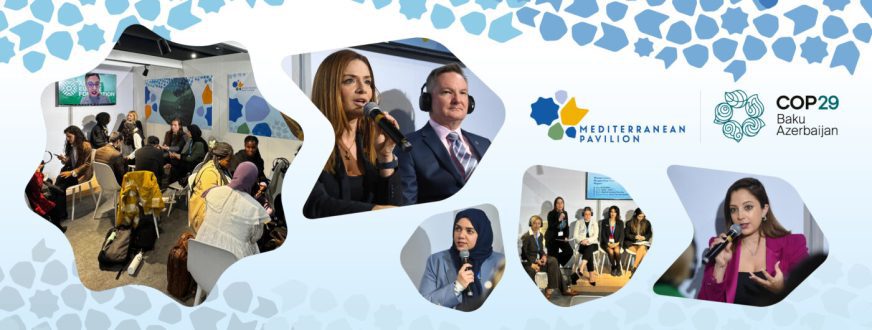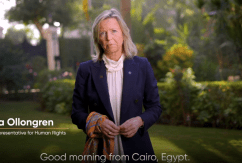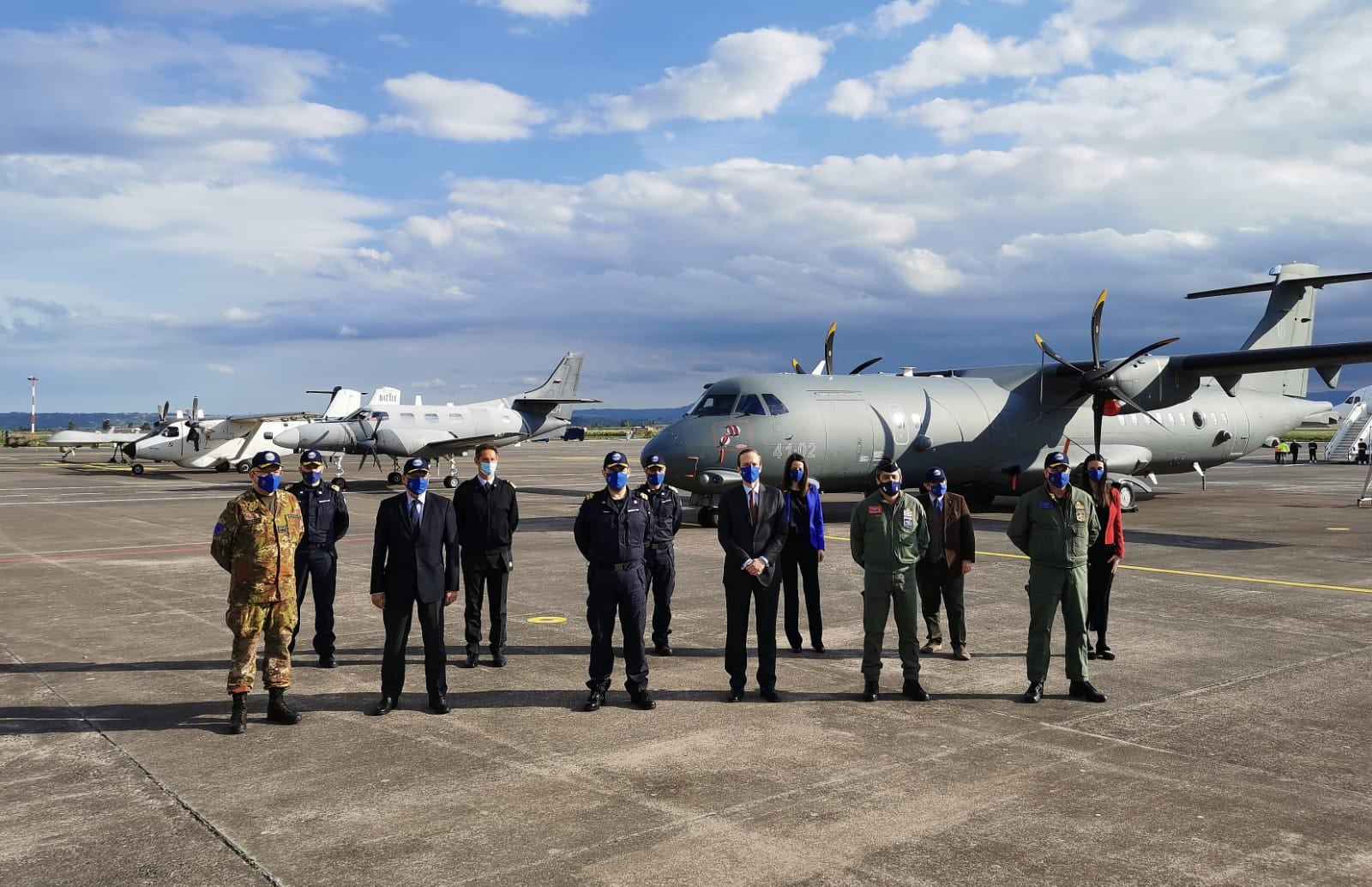Mediterranean Pavilion at COP29: A unified voice for urgent climate action and innovative solutions

13-21 November, Baku, Azerbaijan – The COP29 hosted the Mediterranean Pavilion, an initiative conceived by the Union for the Mediterranean (UfM)to highlight both the urgent challenges the Mediterranean is currently facing, and the innovative solutions being developed, raising awareness of a region.
A highlight of the Pavilion was the presentation by MedECC, an independent network of over 600 Euro-Mediterranean climate and environmental scientists from 35 countries. They shared the latest findings on the impacts of climate and environmental change on coastal zones and the Water-Energy-Food-Ecosystems nexus. Their research indicates that by 2100, up to 20 million people could be displaced due to sea-level rise. The Mediterranean is facing increased marine heatwaves and environmental degradation, leading to significant ecological and socioeconomic impacts. Summer water demand peaks are expected to rise due to climate change, agriculture, and growing coastal populations and tourism.
Additionally, the UfM supported the TeraMed initiative, launched at the IRENA pavilion. This bottom-up initiative, designed by Mediterranean organizations with government support, aims to achieve 1 Terawatt of renewable energy by 2030. Blessed with abundant sun and wind, the region can harness these resources to power its electricity, economy, and society.
Conceived as a gathering space for collaboration, the Mediterranean Pavilion hosted a total of 40 events, talks, and meetings, emphasising critical climate risks and showcasing groundbreaking projects developed in the region. Led by the UfM, in a coalition of 10 major climate organisations, the Mediterranean Pavilion is a hub for exchanging effective climate solutions tailored to the Mediterranean’s needs.





























 Syria
Syria 




